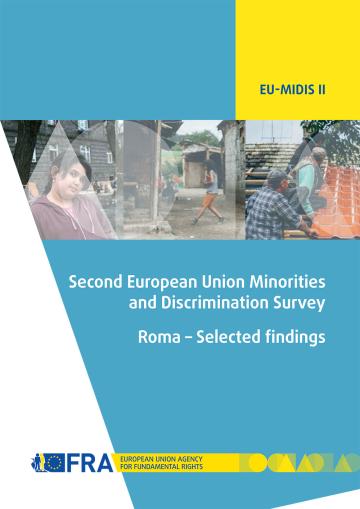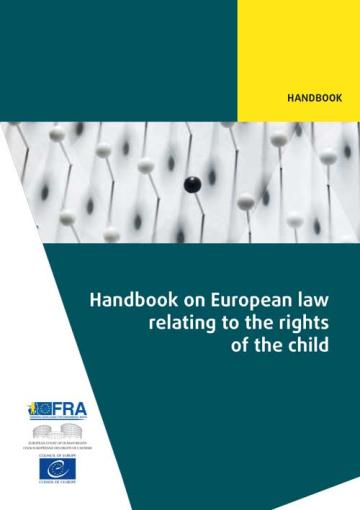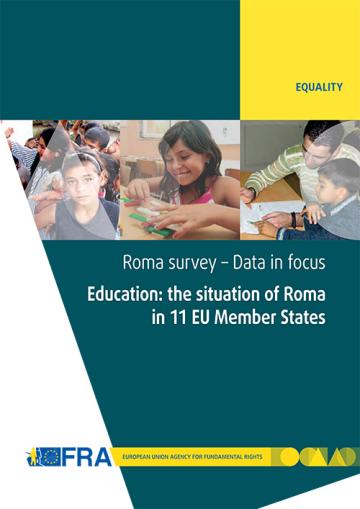1. Questo articolo si ispira sia alle tradizioni costituzionali comuni agli Stati membri sia all'articolo 2 del protocollo addizionale alla CEDU, che recita:
`Il diritto all’istruzione non può essere rifiutato a nessuno. Lo Stato, nell’esercizio delle funzioni che assume nel campo dell’educazione e dell’insegnamento, deve rispettare il diritto dei genitori di provvedere a tale educazione e a tale insegnamento secondo le loro convinzioni religiose e filosofiche.`.
È stato giudicato utile estendere questo articolo all'accesso alla formazione professionale e continua (cfr. punto 15 della Carta comunitaria dei diritti sociali fondamentali dei lavoratori e articolo 10 della Carta sociale) e aggiungere il principio della gratuità dell'istruzione obbligatoria. In base alla sua formulazione, quest’ultimo principio implica soltanto che per l'istruzione obbligatoria ogni bambino abbia la possibilità di accedere a un istituto che pratica la gratuità. Esso non impone che tutti gli istituti che dispensano tale istruzione, o una formazione professionale e continua, in particolare quelli privati, siano gratuiti. Non vieta nemmeno che alcune forme specifiche di istruzione possano essere a pagamento, a condizione che lo Stato prenda misure destinate a concedere una compensazione finanziaria. Poiché la Carta si applica all'Unione, ciò significa che, nel quadro delle sue politiche in materia di formazione, l'Unione deve rispettare la gratuità dell'istruzione obbligatoria, ma ciò non crea beninteso nuove competenze. Per quanto attiene al diritto dei genitori, lo si deve interpretare in relazione alle disposizioni dell’articolo 24.
2. La libertà di creare istituti di istruzione, pubblici o privati, è garantita come uno degli aspetti della libertà d'impresa, ma è limitata dal rispetto dei principi democratici e si esercita secondo le modalità stabilite dalle legislazioni nazionali.










